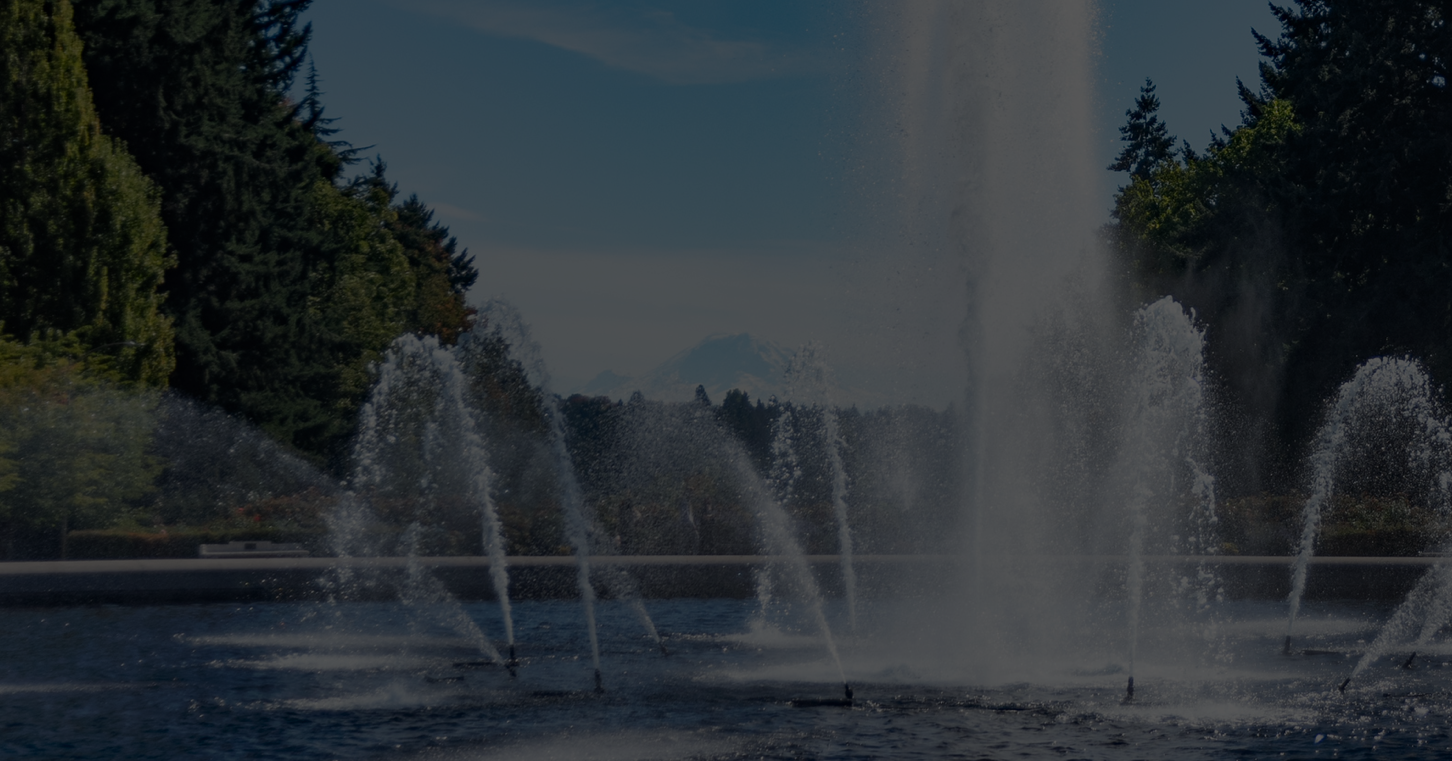Program Overview
Program Leadership
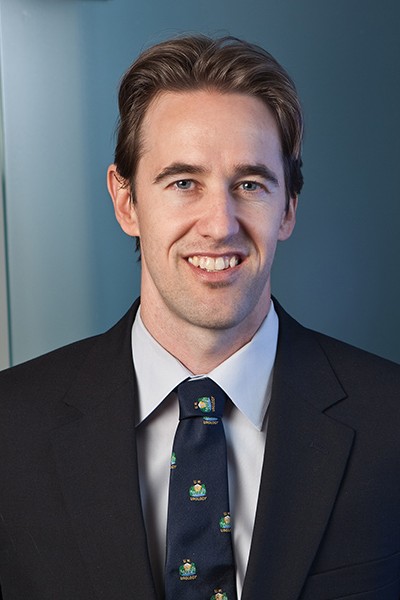
Jonathan D. Harper, MD
Program Director
Length of fellowship
One / Two years
Number of fellowships available
One position per year
Fellows in our program will experience both high case volumes, complex case mixes and a vast array of research opportunities. The fellowship is focused on clinical endourology and kidney stones and will participate in our Comprehensive Multidisciplinary Stone Clinic. The fellows will be mentored by three Endourology faculty, Drs. Jonathan Harper, Mathew Sorensen and Robert Sweet. A variety of research opportunities are available including collaboration with the Applied Physics Laboratory on improving ultrasound for the detection and treatment of kidney stones and the Center for Research in Education and Simulation Technology. We are accredited through the Endourology Society. The program has a structured curriculum according to these requirements.
Our department performs approximately 150 percutaneous procedures per year and fellows will have the opportunity to learn to gain their own percutaneous access.
Overall Goals and Objectives
The overarching goal of the Endourology Fellowship is to provide a balanced training environment in basic and advanced endourology, laparoscopic, and robotic surgery, within the framework to create academic leaders. By the completion of the Endourology Fellowship, the fellow is expected to:
- Demonstrate a thorough understanding of complex kidney stone disease
- Independently perform common kidney stone surgeries with expertise including shockwave lithotripsy, ureteroscopy and laser lithotripsy, and percutaneous nephrolithotomy
- Counsel patients effectively regarding dietary management for kidney stone prevention
- Understand the indications for medication management of kidney stone disease and common medication side effects
- Demonstrate proficiency in all aspects of upper urinary tract minimally invasive surgery
- Understand research methodology and be proficient in manuscript preparation
- Demonstrate fundamental teaching skills to residents and medical students
Faculty
Core Faculty
Jonathan Harper, MD
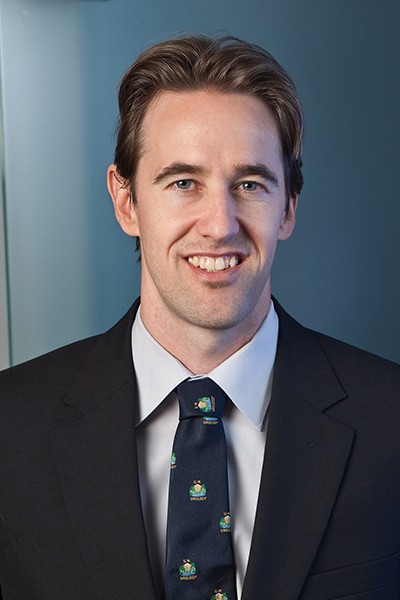
Graduates
Dr. Harper joined the University of Washington (UW) Urology Department after completion of an Endourology and Minimally Invasive Surgery Fellowship at UCLA Medical Center in 2009. At UWMC, he is the primary provider of complex kidney stone management and he holds a strong interest in new technology and ultrasound-related research focused on treatment of urinary stone disease. After joining UW, an immediate collaboration with the Center for Industrial and Medical Ultrasound (CIMU) was developed and he has served as research co-mentor with Michael Bailey, PhD to four urology residents. Innovative research technologies have been created under this collaboration including the development of ultrasonic propulsion of kidney stones, burst-wave lithotripsy (a new form of lithotripsy) and the development of a focused ultrasound instrument for clamping and cauterizing tissue that could potentially aid in kidney surgery. He is the clinical PI of the first human clinical trial of ultrasonic propulsion of kidney stones that was completed this past year and presented the results at the plenary session of the AUA annual meeting and engineering in urology session of the endourological society annual meeting. He is an integral member of an extended research team that has been awarded renewal of a Program Project Grant (PPG) with Indiana University, entitled Innovative Strategies for improving outcomes in nephrolithiasis. The goal of the current project is to build on a successful innovation with ultrasonic propulsion of kidney stones by redefining the technology that could greatly improve patient outcomes in an impactful manner. Dr. Harper was PI of a recently completed randomized placebo controlled trial investigating a novel use of Belladonna and Opium suppository for the preemptive treatment of ureteral stent pain following stone kidney stone surgery. This was presented at the 2015 Western Section AUA Annual meeting and manuscript is in progress. He has the expertise, interest, motivation, and clinical volume to contribute in all aspects in leading a urinary stone disease clinical center. Currently, Dr. Harper is a Professor and the Chief of Endourology and Minimally Invasive Surgery in the Department of Urology, University of Washington School of Medicine
Mathew Sorensen, MD, MS
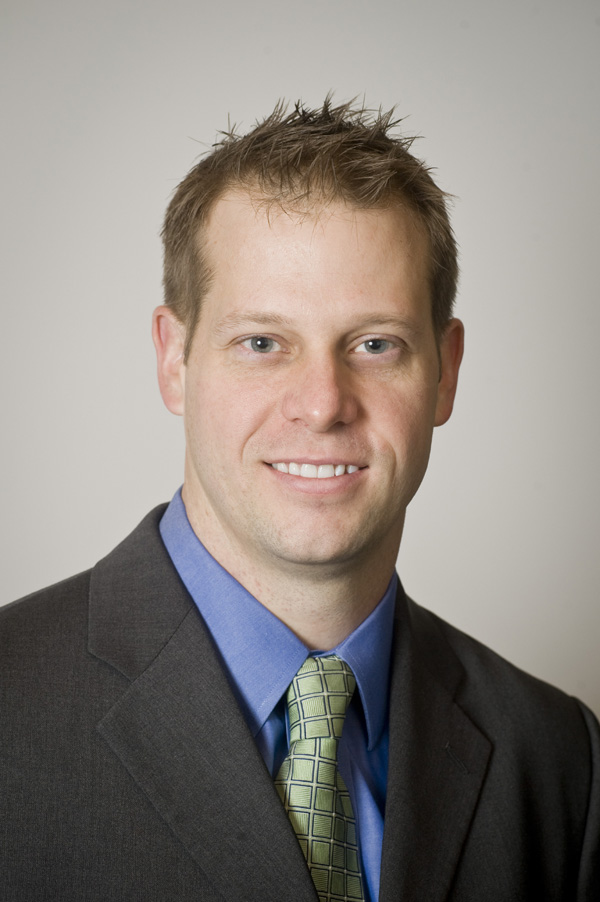 Dr. Sorensen is an Assistant Professor in the Department of Urology with a specialty interest advanced laparoscopic surgery, endourology, and the medical and surgical management of kidney stones. He completed his surgical internship and urology residency at UW. During his dedicated research year he began a collaboration with the Applied Physics Laboratory and completed a rigorous Masters degree in Epidemiology through the University of Washington School of Public Health. After residency, he went on to complete a fellowship in Laparoscopy and Endourology at the University of California, San Francisco. Since returning to UW as faculty in 2011, he has continued to collaborate with the Applied Physics Laboratory and the Center for Industrial and Medical Ultrasound group and actively participates in several studies attempting to improve stone sizing and detection using ultrasound. In 2012 he was named the Director of the Comprehensive Metabolic Stone Clinic at the Puget Sound VA Hospital. He also has a particular interest in education and in 2014 became the Urology Residency Program Director. His research interests have focused on epidemiologic, outcomes, and health services-related projects as well as basic science and translational ultrasound research. Dr. Sorensen has been a part of the effort to detect and reposition stones since the ideas inception. He also used ultrasound to study the effect of respiration on shock wave lithotripsy in humans. Dr. Sorensen has participated in the Program Project Grant (PPG) on Shock wave lithotripsy.
Dr. Sorensen is an Assistant Professor in the Department of Urology with a specialty interest advanced laparoscopic surgery, endourology, and the medical and surgical management of kidney stones. He completed his surgical internship and urology residency at UW. During his dedicated research year he began a collaboration with the Applied Physics Laboratory and completed a rigorous Masters degree in Epidemiology through the University of Washington School of Public Health. After residency, he went on to complete a fellowship in Laparoscopy and Endourology at the University of California, San Francisco. Since returning to UW as faculty in 2011, he has continued to collaborate with the Applied Physics Laboratory and the Center for Industrial and Medical Ultrasound group and actively participates in several studies attempting to improve stone sizing and detection using ultrasound. In 2012 he was named the Director of the Comprehensive Metabolic Stone Clinic at the Puget Sound VA Hospital. He also has a particular interest in education and in 2014 became the Urology Residency Program Director. His research interests have focused on epidemiologic, outcomes, and health services-related projects as well as basic science and translational ultrasound research. Dr. Sorensen has been a part of the effort to detect and reposition stones since the ideas inception. He also used ultrasound to study the effect of respiration on shock wave lithotripsy in humans. Dr. Sorensen has participated in the Program Project Grant (PPG) on Shock wave lithotripsy.
Robert Sweet, MD, FACS
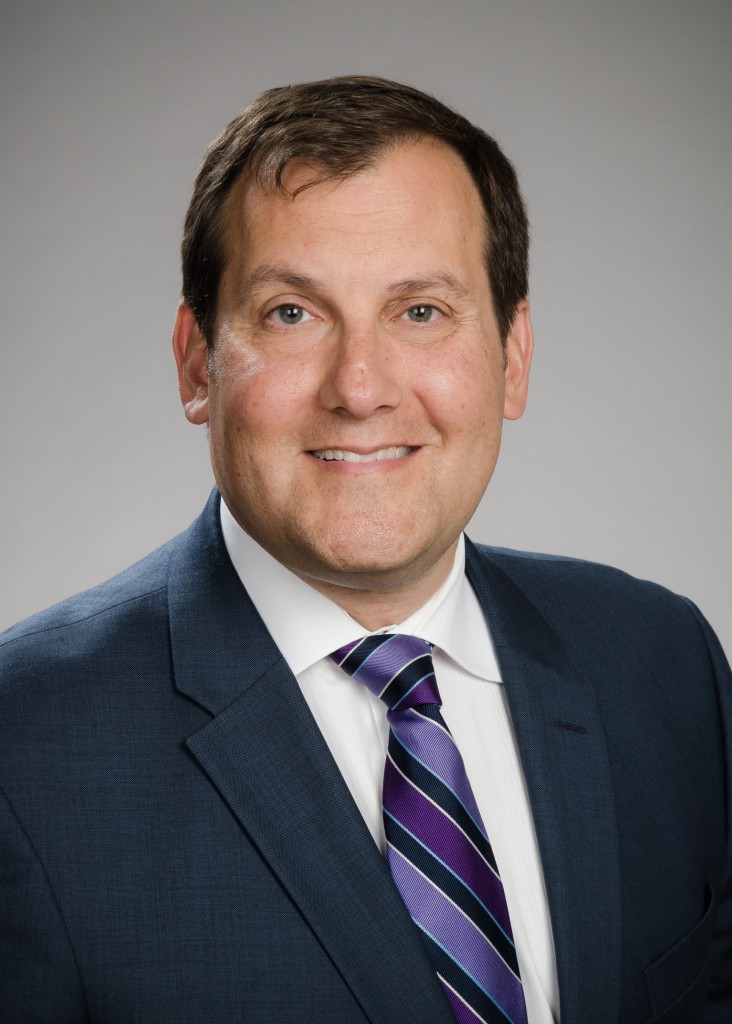 Dr. Sweet currently holds the positions of Professor of Urology, Medical Director of the UW Medicine Kidney Stone Center at Northwest Hospital, also serves as the Executive Director for the WWAMI Institute for Simulation in Healthcare (WISH) and the Center for Research in Stimulation Technology (CREST), creating the best generation of simulation training tools. His Urology practice focuses on robotics and endourology and his research lab is actively engaged in simulation projects including the development, validation and implementation of a human tissue property database, advanced real time and predictive modeling of human tissue and tool interactions, artificial tissue analogues, and delivery systems for the dissemination of simulation technologies. Dr. Sweet completed his medical training at the University of Minnesota Medical School in Minneapolis, Minnesota then moved on to completed both his general surgery internship and urology residency at the University of Washington School of Medicine. Following residency training, Dr. Sweet completed a two-year AFUD Health Policy Research Fellowship at the University of Washington. Currently, Dr. Sweet is a Professor of Urology, Executive Director of WWAMI Institute for Simulation in Healthcare and Medical Director of the Kidney Stone Program a the University of Washington. In 2004 Dr. Sweet co-founded the Institute for Surgical and Interventional Simulation (ISIS) at the University of Washington. He is am honored to hold leadership positions in the area of medical simulation within the American College of Surgeons, the Society for Laparoendoscopic Surgeons, and the American Urological Association.
Dr. Sweet currently holds the positions of Professor of Urology, Medical Director of the UW Medicine Kidney Stone Center at Northwest Hospital, also serves as the Executive Director for the WWAMI Institute for Simulation in Healthcare (WISH) and the Center for Research in Stimulation Technology (CREST), creating the best generation of simulation training tools. His Urology practice focuses on robotics and endourology and his research lab is actively engaged in simulation projects including the development, validation and implementation of a human tissue property database, advanced real time and predictive modeling of human tissue and tool interactions, artificial tissue analogues, and delivery systems for the dissemination of simulation technologies. Dr. Sweet completed his medical training at the University of Minnesota Medical School in Minneapolis, Minnesota then moved on to completed both his general surgery internship and urology residency at the University of Washington School of Medicine. Following residency training, Dr. Sweet completed a two-year AFUD Health Policy Research Fellowship at the University of Washington. Currently, Dr. Sweet is a Professor of Urology, Executive Director of WWAMI Institute for Simulation in Healthcare and Medical Director of the Kidney Stone Program a the University of Washington. In 2004 Dr. Sweet co-founded the Institute for Surgical and Interventional Simulation (ISIS) at the University of Washington. He is am honored to hold leadership positions in the area of medical simulation within the American College of Surgeons, the Society for Laparoendoscopic Surgeons, and the American Urological Association.
Michael Bailey, PhD, MS
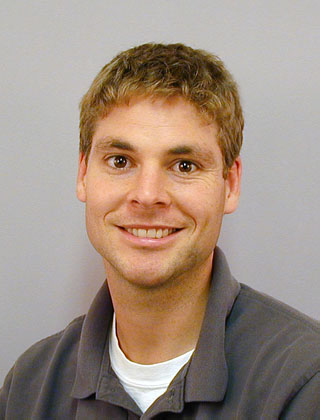 Dr. Michael Bailey’s graduate training was in Nonlinear Acoustics and his postdoctoral training was in Cavitation. His dissertation was titled “Control of Acoustic Cavitation with Application to Lithotripsy,” and invented the use of dual sources for shock wave lithotripsy (SWL). He is the Program Director of an NIH NIDDK P01 DK043881 that he joined in 1996 and has been PI on R01 (DK92197), subcontract PI to 2 R01s on SWL (DK55674 and DK70618) and an R21 (DK81119). He has maintained R01-level funding on medical ultrasound and kidney stones from the National Space Biomedical Research institute (NSBRI) since 2000. He has graduated 6 PhD students, 5 Urology residents, one Urology fellow, and 8 PhD postdocs. He has been primary mentor for a trainee on a T32 grant, K01 grant, and a Urology Cares Fellowship. He has also served as mentor on a second T32 grant and a K99 grant. He teaches courses on Nonlinear Acoustics and Medical Acoustics (ME 525 and 526) in the Mechanical Engineering Department, and has over 100 peer-reviewed publications. Dr. Bailey has developed an expertise in developing technology and working with UW Urology NIDDK, NASA, FDA, and the UW Center for Commercialization (C4C) to conduct clinical trials and transition technology to a commercial partner to enable clinical use. UW CoMotion has >6 issued patents and >40 pending utility or foreign patents that Bailey has authored. Bailey has coordinated a multi-disciplinary team of over 25 individuals in advancing ultrasound detection and repositioning kidney stones to a clinical trial and commercial hand-off. He has simultaneously done the same with a circumcision surgical guide for application in the prevention of HIV transmission and an acoustic hemostasis device for partial nephrectomy and suture leaks. Companies have licensed two of his other technologies from the UW and sold them as products.
Dr. Michael Bailey’s graduate training was in Nonlinear Acoustics and his postdoctoral training was in Cavitation. His dissertation was titled “Control of Acoustic Cavitation with Application to Lithotripsy,” and invented the use of dual sources for shock wave lithotripsy (SWL). He is the Program Director of an NIH NIDDK P01 DK043881 that he joined in 1996 and has been PI on R01 (DK92197), subcontract PI to 2 R01s on SWL (DK55674 and DK70618) and an R21 (DK81119). He has maintained R01-level funding on medical ultrasound and kidney stones from the National Space Biomedical Research institute (NSBRI) since 2000. He has graduated 6 PhD students, 5 Urology residents, one Urology fellow, and 8 PhD postdocs. He has been primary mentor for a trainee on a T32 grant, K01 grant, and a Urology Cares Fellowship. He has also served as mentor on a second T32 grant and a K99 grant. He teaches courses on Nonlinear Acoustics and Medical Acoustics (ME 525 and 526) in the Mechanical Engineering Department, and has over 100 peer-reviewed publications. Dr. Bailey has developed an expertise in developing technology and working with UW Urology NIDDK, NASA, FDA, and the UW Center for Commercialization (C4C) to conduct clinical trials and transition technology to a commercial partner to enable clinical use. UW CoMotion has >6 issued patents and >40 pending utility or foreign patents that Bailey has authored. Bailey has coordinated a multi-disciplinary team of over 25 individuals in advancing ultrasound detection and repositioning kidney stones to a clinical trial and commercial hand-off. He has simultaneously done the same with a circumcision surgical guide for application in the prevention of HIV transmission and an acoustic hemostasis device for partial nephrectomy and suture leaks. Companies have licensed two of his other technologies from the UW and sold them as products.
OTHER FACULTY
Fionnuala Cormack, MD
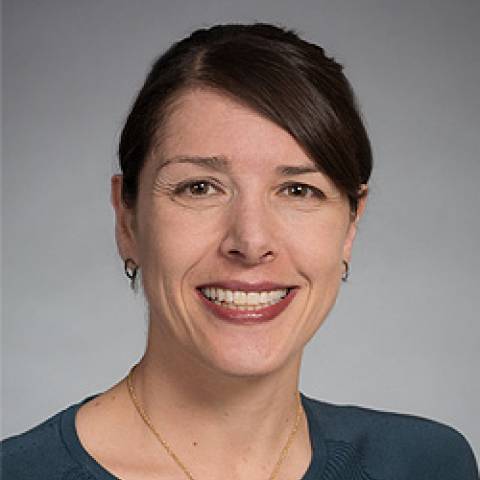 Dr. Cormack is a Clinical Assistant Professor in the Division of Nephrology at the University of Washington. She joined the Kidney Stone Center to help establish the first multidisciplinary kidney stone center in the area. She is instrumental in teaching medical management of kidney stones and will provide the fellow with unique opportunities in understanding renal disease not typically gained in urologic training.
Dr. Cormack is a Clinical Assistant Professor in the Division of Nephrology at the University of Washington. She joined the Kidney Stone Center to help establish the first multidisciplinary kidney stone center in the area. She is instrumental in teaching medical management of kidney stones and will provide the fellow with unique opportunities in understanding renal disease not typically gained in urologic training.
Karen Munger MS, RD, CD, CDE
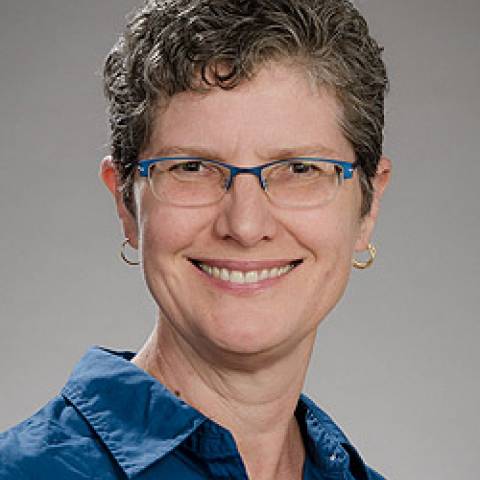 Karen Munger is a registered dietitian and certified diabetes educator, with a special interest in weight loss counseling. She has 20 years of experience in nutrition counseling and a longer history of exercise counseling. She joined the kidney stone center at its inception to help establish a multidisciplinary stone clinic. Karen has a bachelor of science in physical education from Central Washington University and a master of science in nutrition from the University of Washington. She is a member of the American Association of Diabetes Educators.
Karen Munger is a registered dietitian and certified diabetes educator, with a special interest in weight loss counseling. She has 20 years of experience in nutrition counseling and a longer history of exercise counseling. She joined the kidney stone center at its inception to help establish a multidisciplinary stone clinic. Karen has a bachelor of science in physical education from Central Washington University and a master of science in nutrition from the University of Washington. She is a member of the American Association of Diabetes Educators.
Current Fellow
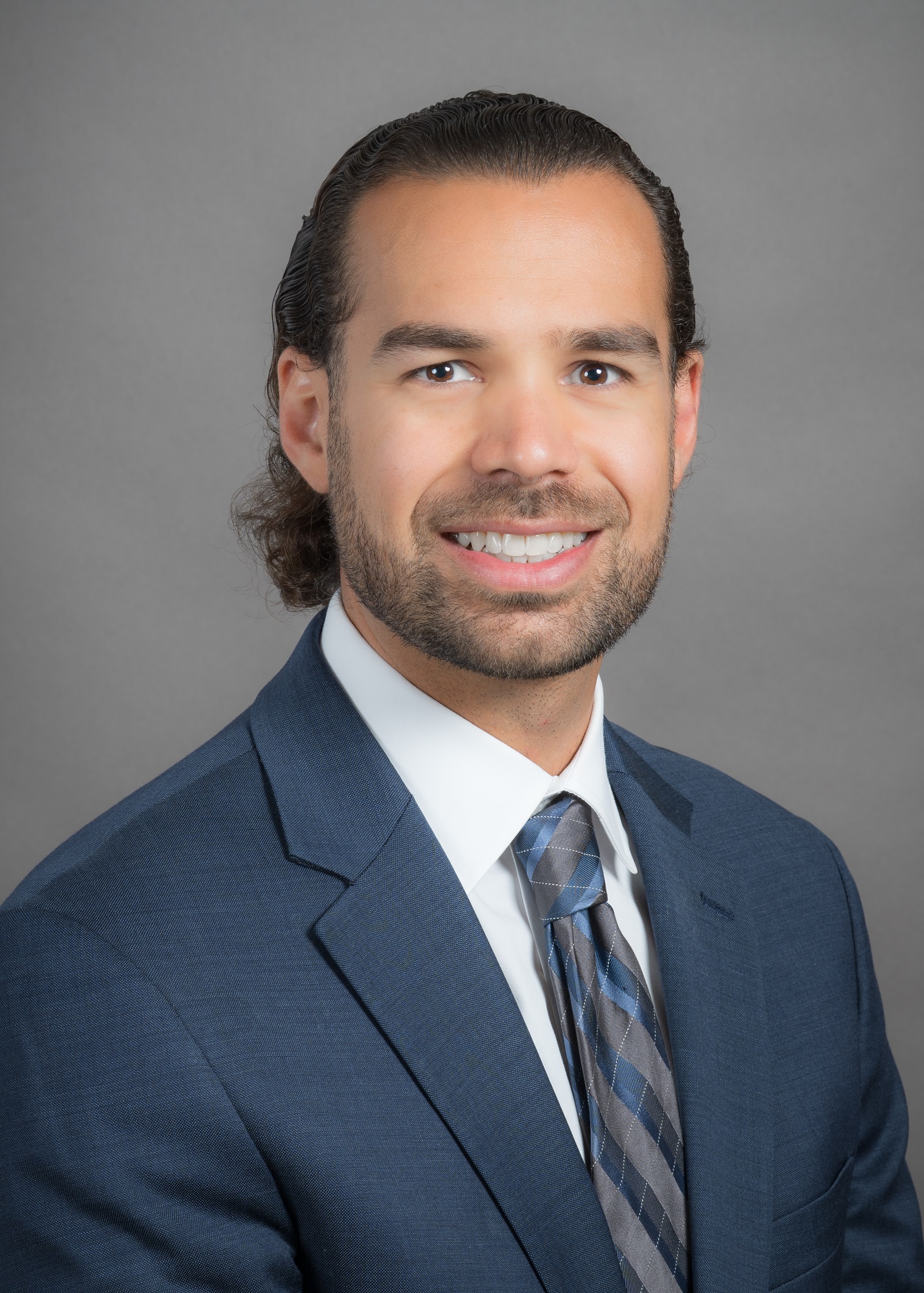
Nayan Shah, MD
Application Requirements
Candidates must have completed an ACGME-approved residency in urology or the equivalent. The applicant must have passed all 3 steps of USMLE exam and be eligible for a WA State Medical License.
- Admission is contingent upon completion of an ACGME accredited urologic training program or an appropriate foreign program.
- Applicants must be eligible for or possess a Washington State Medical License.
- In order to be eligible for University sponsorship for an H-1B visa, graduates of foreign (non-U.S.) medical schools must show successful completion of all three steps of the U.S. Medical Licensing Exam (USMLE), or equivalent as determined by the Secretary of Health and Human Services.
Application materials
- Endourology Application Form
- Curriculum Vitae
- Personal Statement
- At least 3 letters of recommendation (1) letter of support from their urology training program director recommending them for the fellowship and attesting to the candidate’s successful completion of the urology training program.
Application deadline: Tuesday, March 31, 2026 at 11:59pm ET
Interview dates: Interviews at the AUA 2026 annual conference
Match date: June 15, 2026
All applications will be processed through the official UW Supported Hiring Portal, Interfolio to be considered.
University of Washington Hiring Policies
The University of Washington is committed to fostering an inclusive, respectful and welcoming community for all. As an equal opportunity employer, the University considers applicants for employment without regard to race, color, creed, religion, national origin, citizenship, sex, pregnancy, age, marital status, sexual orientation, gender identity or expression, genetic information, disability, or veteran status consistent with UW Executive Order No. 81.
For More Information
If you'd like to learn more about our fellowship, please contact us at urofellow@uw.edu
University of Washington Department of Urology
Box 356510
1959 NE Pacific St., BB-1114
Seattle, WA 98195-6510
Phone: 206-221-1509
Fax: 206-543-3272
urofellow@uw.edu



